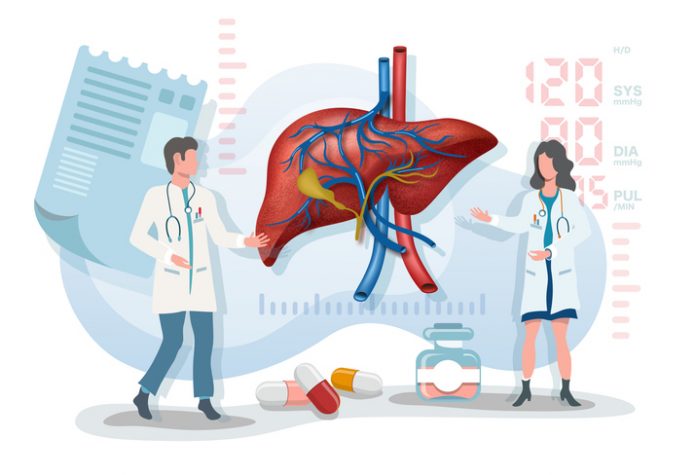Developing improved care models for decompensated liver disease is one of the major clinical challenges in Gastroenterology and Hepatology – and in a recent landmark study, published in the esteemed international journal Hepatology, researchers from Flinders Medical Centre and Flinders University provide evidence that improved models of care can benefit patients with decompensated cirrhosis.
Identifying improved care is of primary importance as the number of chronic liver failure cases at South Australia’s public hospitals has increased more than three-fold in the past decade, while obesity-related liver disease is expected to become a modern epidemic by 2050. Nationally, more than 6 million Australians suffer from chronic liver disease, resulting in more than 7000 deaths a year.
The study represents more than five years of work conducting a randomised controlled trial (RCT) led by Professor Alan Wigg from Flinders University’s College of Medicine and Public Health and Flinders Medical Centre, with funding support from Flinders University and the NHMRC. The RCT involved six Australian tertiary care hospitals across three states and represents one of the first investigator-initiated multicentre RCTs in Australian hepatology.
“Chronic disease management approaches appear to be a logical, evidence-based strategy and have been successfully applied in many non-liver settings,” says Professor Wigg.
“We believe that CDM models for decompressed cirrhosis have great potential towards an improved standard of care in hepatology. However, we also need to accept that CDM models in decompensated cirrhosis may not be as effective as CDM in other chronic diseases due to the more complex and severe nature of this liver disorder.”
The study’s primary outcome showed that the liver-related emergency admissions rate was not significantly improved despite robust intervention, nor was any improvement in patient survival recorded.







